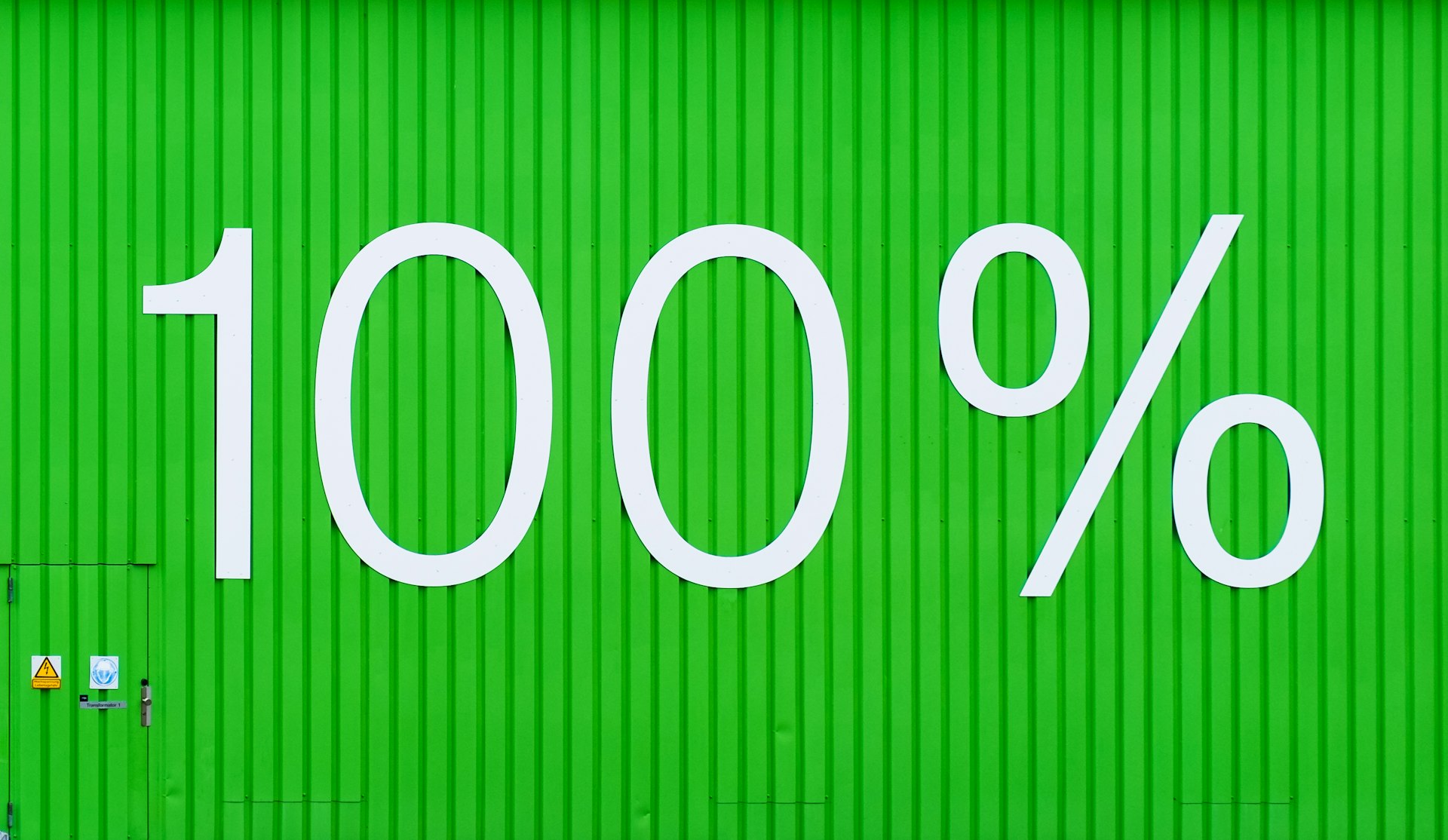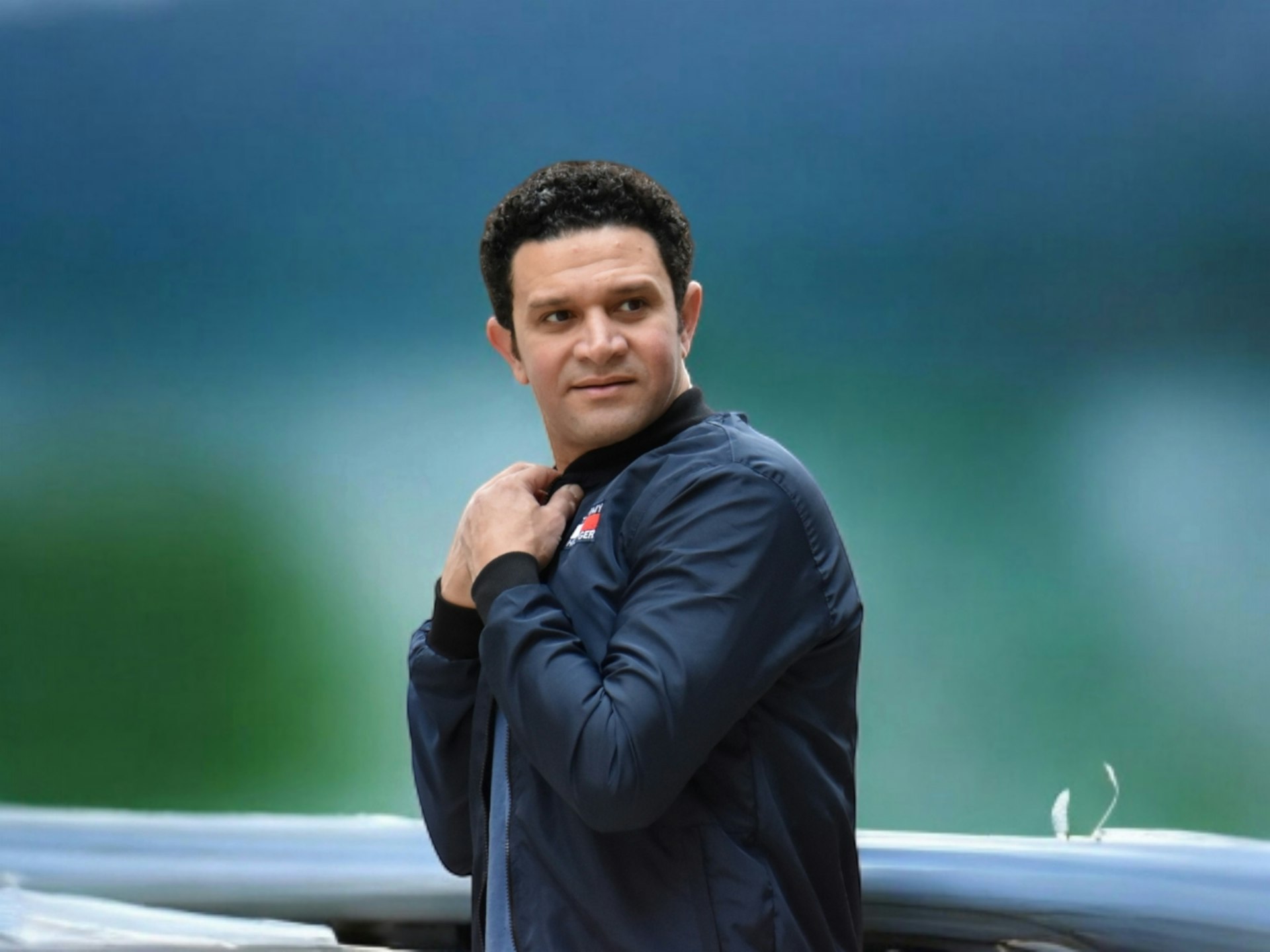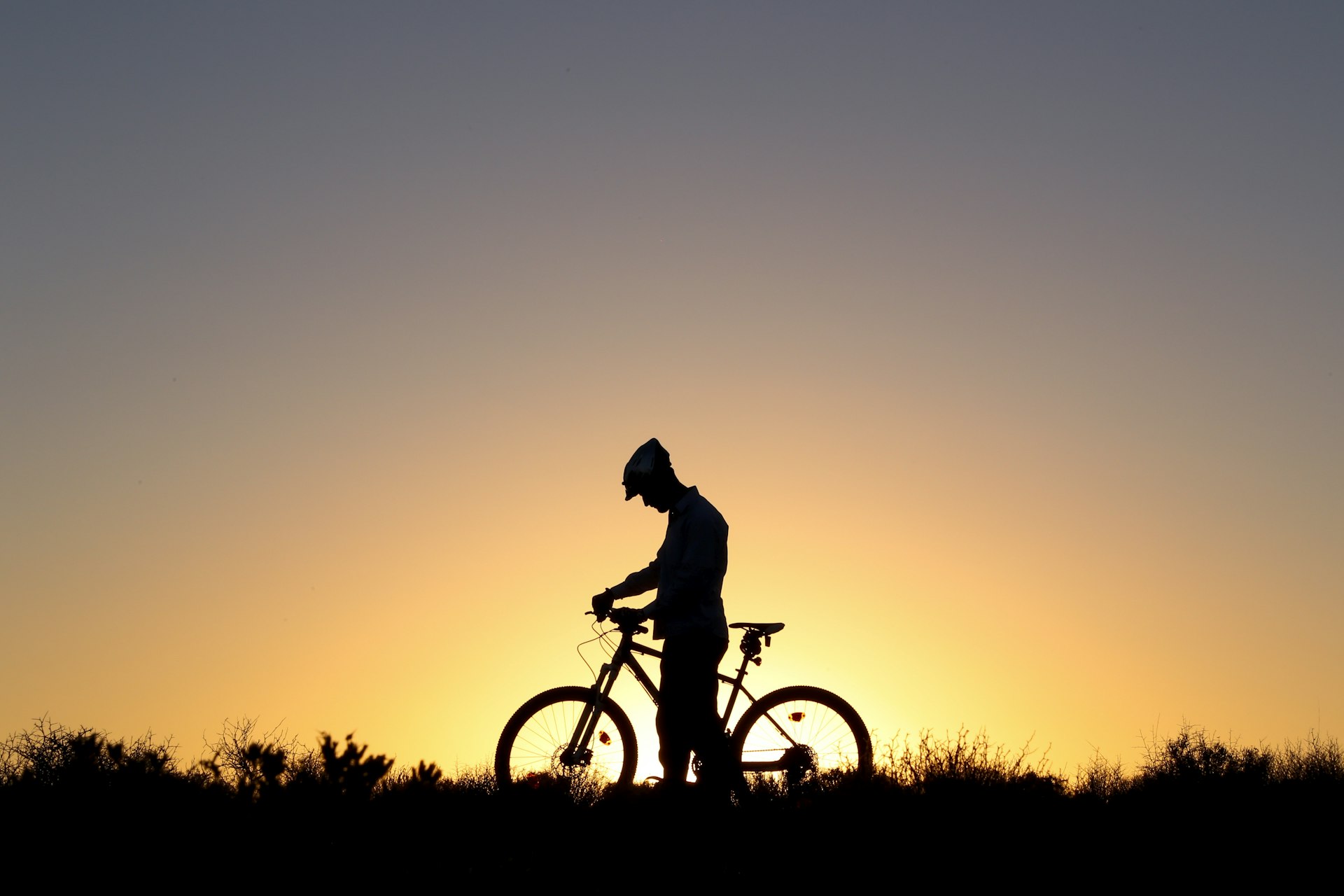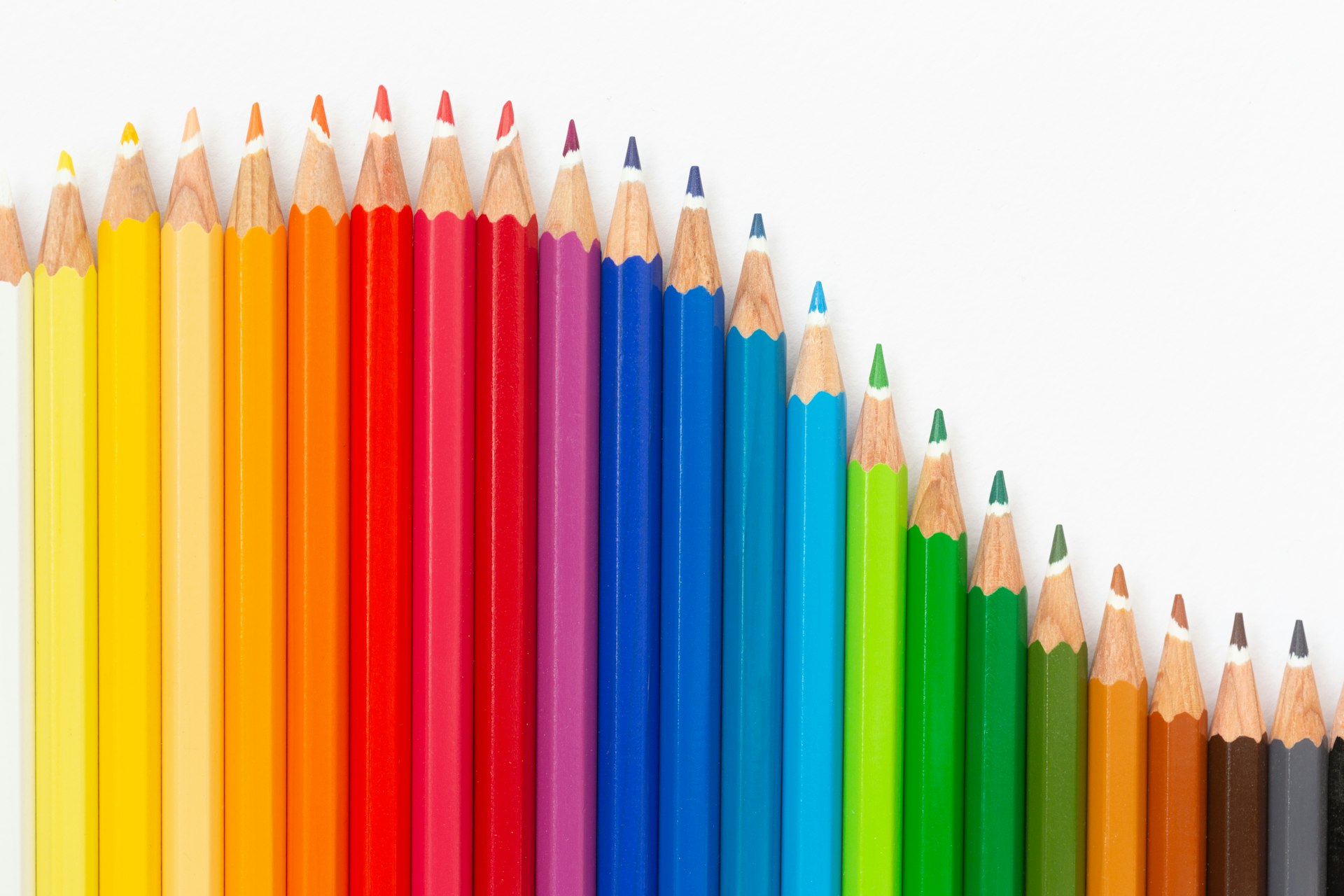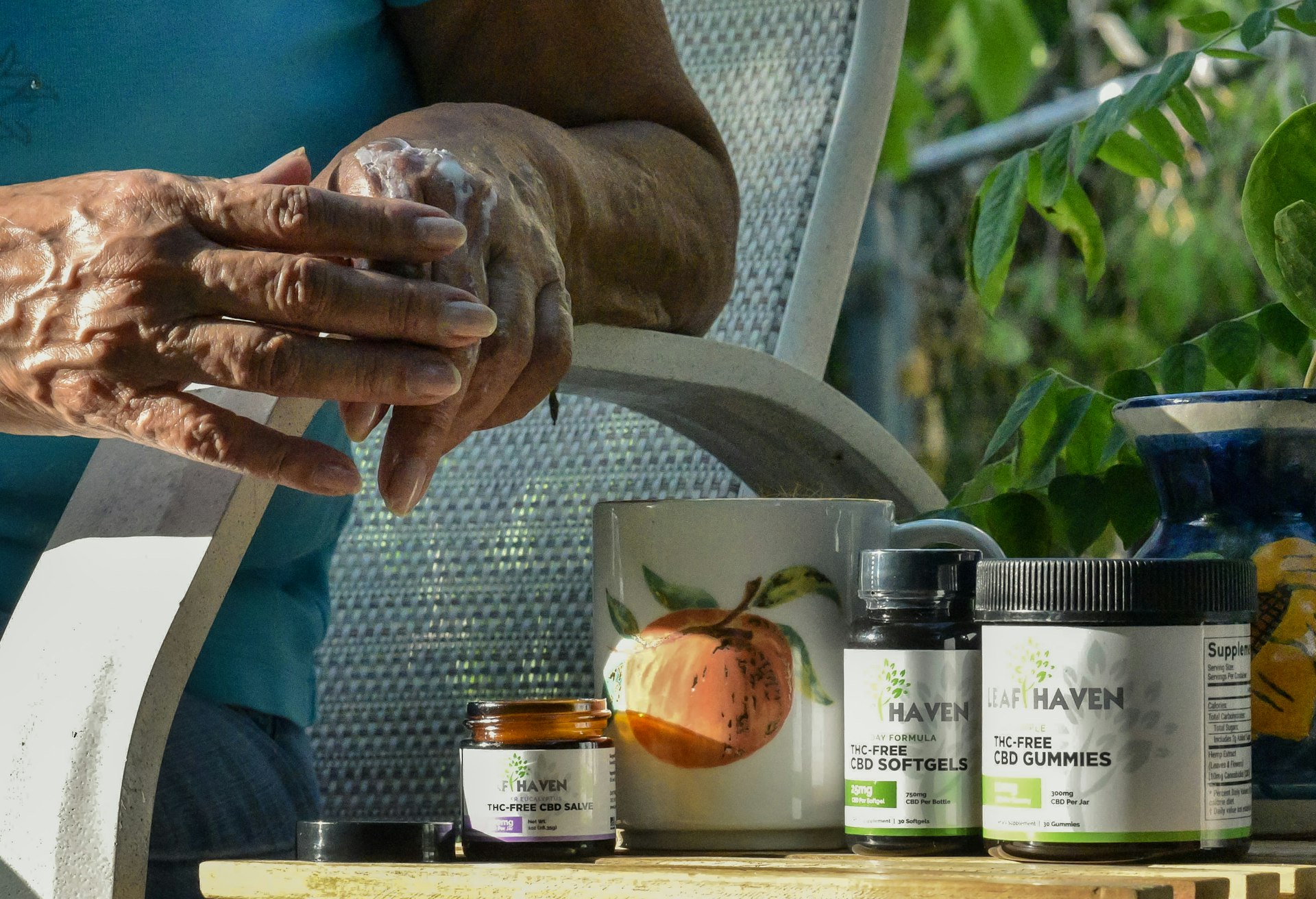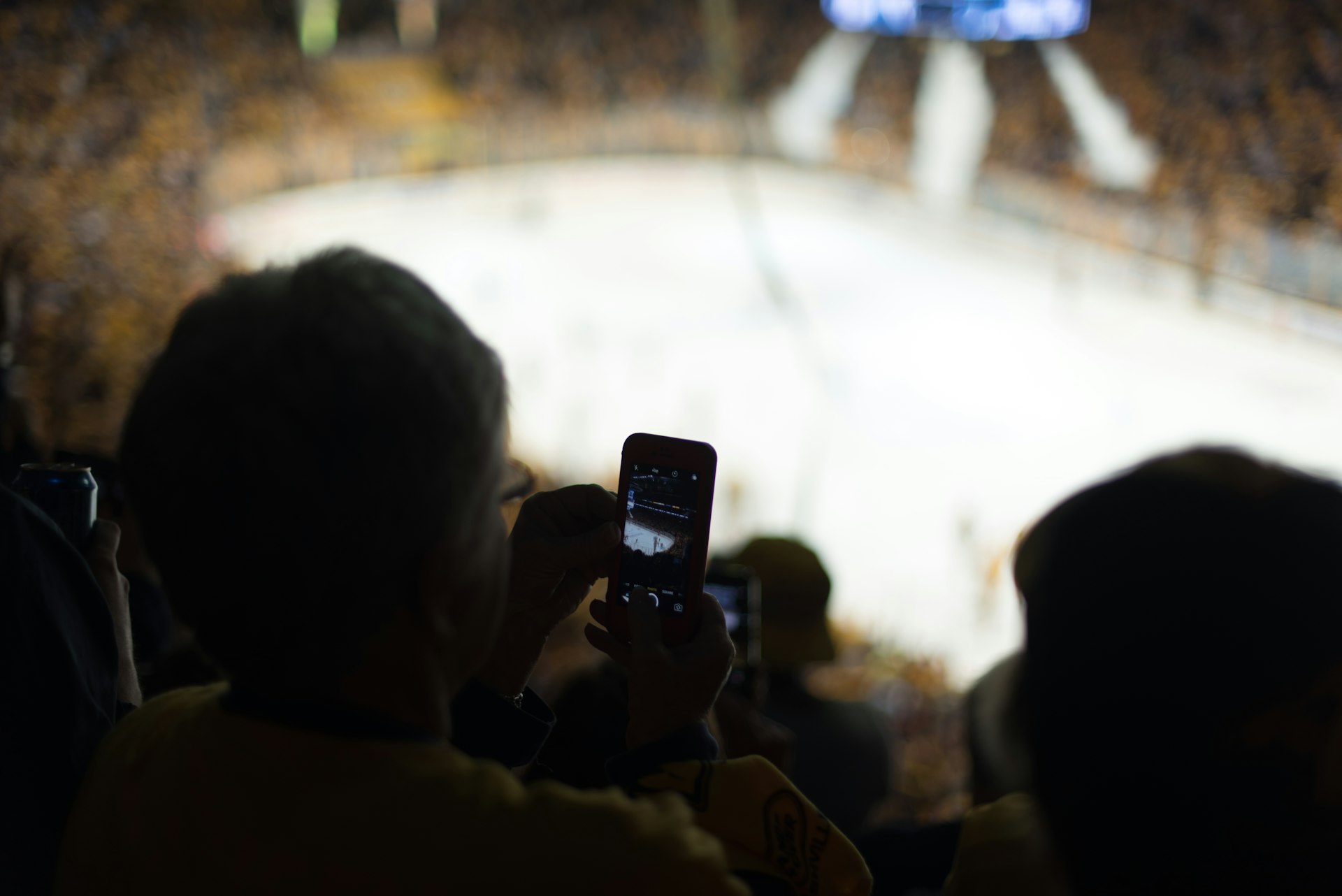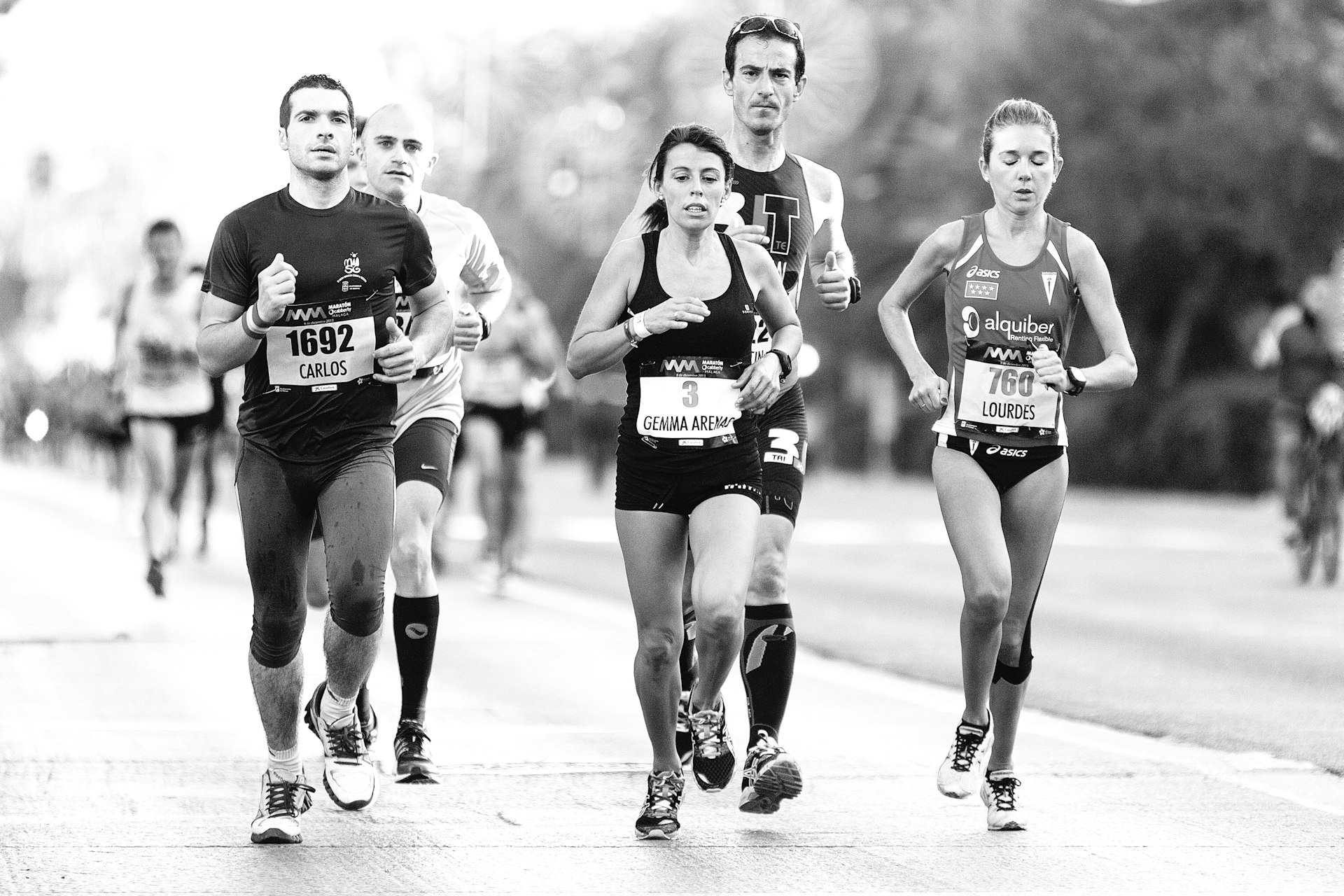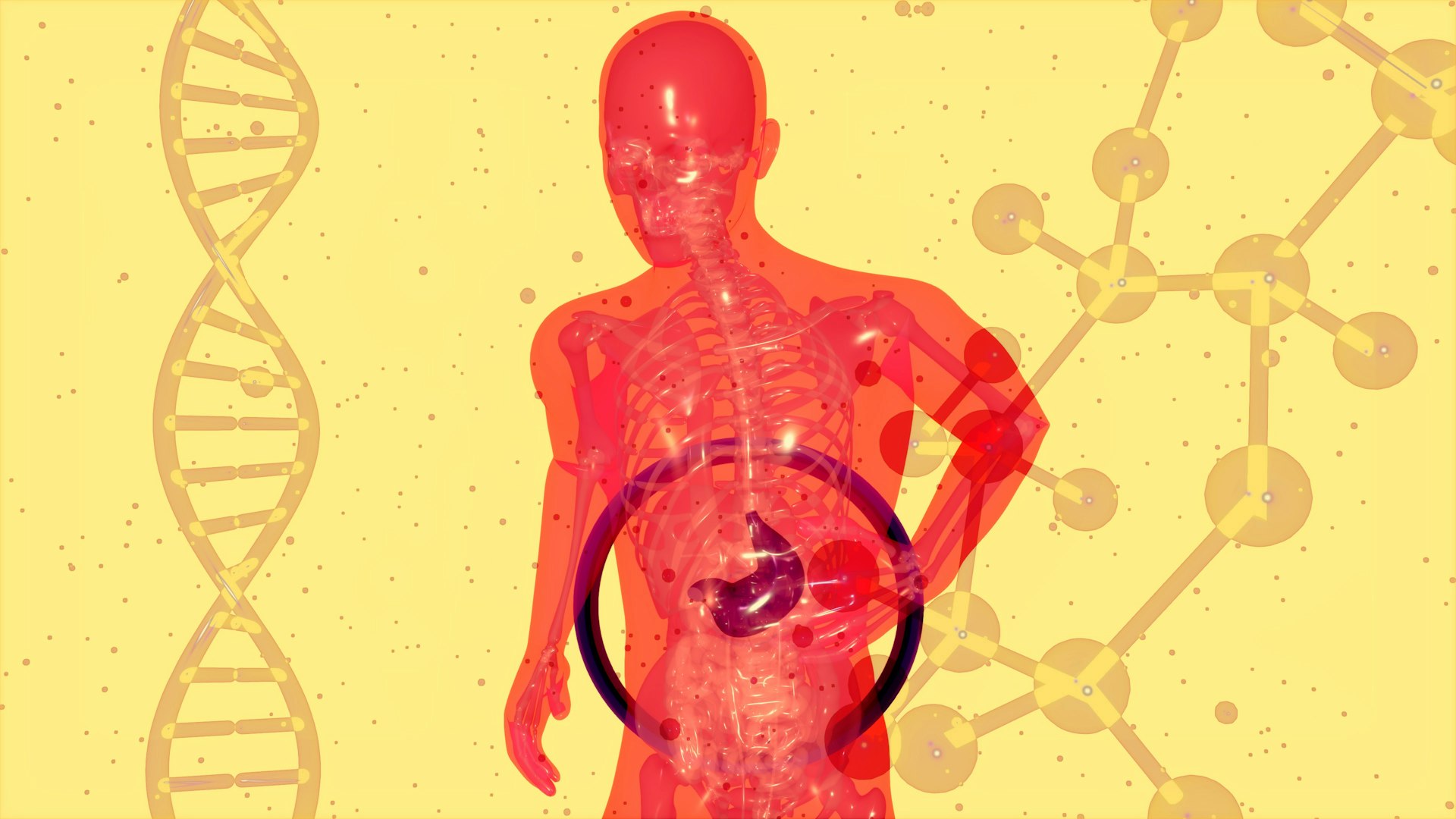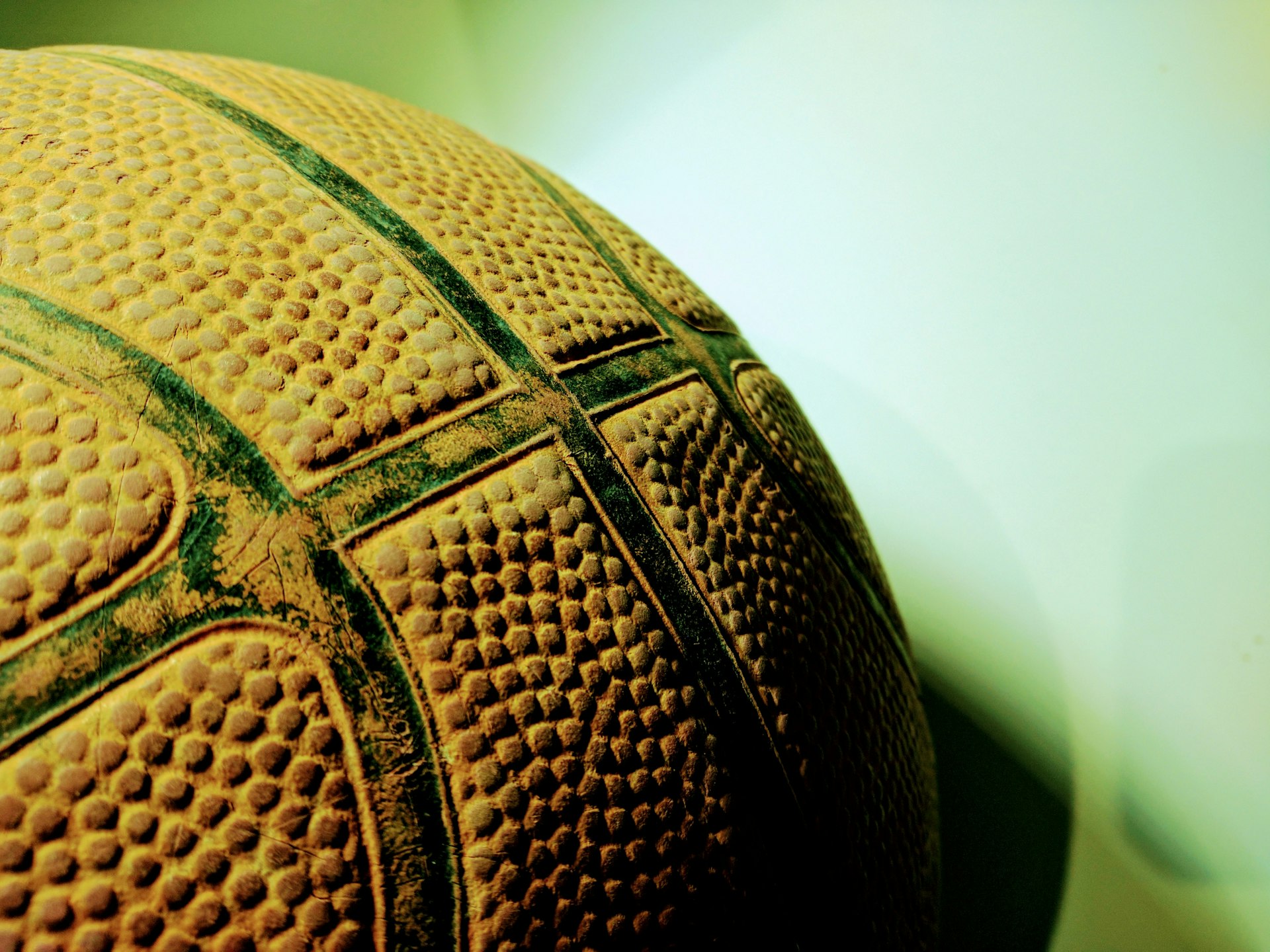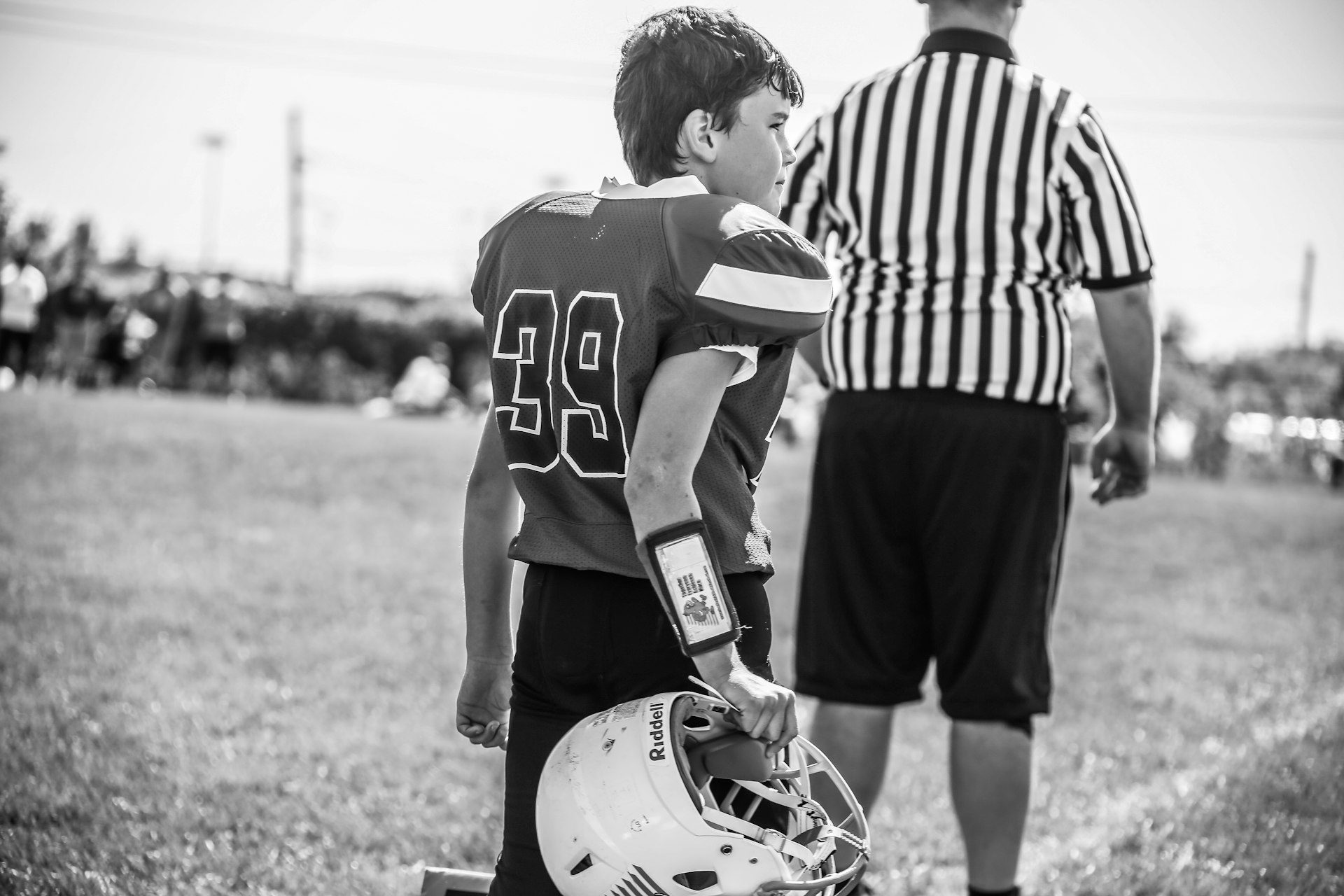Unlocking Peak Performance: The Crucial Role of Sleep in Athletic Recovery

Photo by Julia Kuzenkov on Unsplash
Introduction
For athletes striving to reach their maximum potential, training and nutrition often take center stage. However, sleep is increasingly recognized as an essential-and sometimes overlooked-pillar of athletic performance and recovery . Modern research highlights that sleep isn’t just a passive activity; it is a dynamic process that directly influences physical restoration, cognitive sharpness, injury prevention, and overall athletic excellence [3] . This article explores the science-backed benefits of sleep, practical steps to optimize rest, and guidance on integrating sleep into your recovery routine.
Why Is Sleep Vital for Athletic Performance?
Sleep fuels the body’s ability to repair itself after strenuous training and competition. During deep sleep, essential physiological processes occur: muscle tissue is rebuilt, hormones crucial for recovery are released, and the brain consolidates motor learning and tactical skills [2] . According to several studies, athletes who increased their sleep duration and quality experienced measurable improvements in speed, accuracy, reaction time, and endurance [3] . For example, collegiate basketball players who extended their nightly sleep to 10 hours saw a 9% improvement in both free throw and three-point accuracy, as well as faster sprint times [1] .
The Science of Sleep Stages and Recovery
Understanding sleep architecture is key to unlocking its benefits. Sleep includes cycles of non-rapid eye movement (NREM) and rapid eye movement (REM) stages. Deep NREM (stage N3 or slow-wave sleep) is particularly important for athletes, as this phase is associated with the greatest release of growth hormone-vital for muscle repair and growth [4] . Experts suggest that athletes should aim for 6-7 complete sleep cycles per night to maximize both physical and mental recovery [2] . Missing these cycles, or experiencing fragmented sleep, can reduce recovery efficiency and leave athletes feeling depleted.

Photo by Jeffery Erhunse on Unsplash
Impact of Sleep on Physical and Mental Performance
Research consistently shows that adequate sleep improves both physical and cognitive aspects of athletic performance:
- Accuracy and Reaction Time: Athletes who increase their sleep demonstrate significant gains in skill execution, reaction speed, and decision-making. For instance, swimmers who improved their sleep duration reduced reaction times off the starting block and enhanced their overall performance [3] .
- Endurance and Energy: Sleep deprivation can decrease time to exhaustion by as much as 10%, meaning athletes tire faster and perceive exertion as greater [1] .
- Mental Focus: Consistent, quality sleep boosts vigilance, learning, and memory consolidation-critical for mastering complex plays and strategies [5] .
- Injury Prevention and Immune Health: Poor sleep elevates cortisol (a stress hormone), which hinders recovery and increases susceptibility to illness and injury [1] .
How Much Sleep Do Athletes Need?
While sleep needs vary by individual, most sports medicine experts recommend athletes strive for at least 8-10 hours of quality sleep per night, particularly during intense training or competition periods [3] . Signs of inadequate rest include persistent fatigue, slowed reaction times, increased irritability, and frequent minor illnesses.
Practical Steps to Optimize Sleep for Recovery
Implementing the following strategies can help athletes maximize their sleep benefits:
- Establish a Consistent Sleep Schedule: Go to bed and wake up at the same times daily-even on weekends-to regulate your circadian rhythm.
- Create a Restful Environment: Ensure your sleep space is cool, dark, and quiet. Use blackout curtains or a white noise machine if necessary.
- Avoid Stimulants and Electronics Before Bed: Limit caffeine intake after mid-afternoon and turn off electronic devices at least 30-60 minutes before bedtime to reduce blue light exposure.
- Practice Relaxation Techniques: Incorporate deep breathing, meditation, or gentle stretching before bed to ease the transition into sleep.
- Monitor Training Load: Adjust training intensity and volume in response to signs of sleep disruption or excessive fatigue. A gradual approach helps prevent overtraining and supports better sleep.
If you struggle with persistent sleep issues, consider consulting a healthcare provider or a sleep specialist. The National Sleep Foundation and other recognized organizations offer resources and directories to help locate credentialed professionals in your area.
Challenges and Solutions: Addressing Common Barriers
Many athletes encounter obstacles to quality sleep, such as travel, late competitions, academic demands, or performance anxiety. To address these challenges:
- Jet Lag and Travel: Gradually adjust your sleep schedule before traveling across time zones. Expose yourself to natural light in the morning and avoid screens at night to help reset your body clock.
- Academic or Work Stress: Prioritize time management to avoid late-night studying or screen time. Use planners and set realistic goals to balance responsibilities.
- Pre-Competition Nerves: Develop a calming pre-bed routine to ease anxiety. Mindfulness apps and guided meditations can be useful tools.
It may also be helpful to enlist the support of coaches and teammates in promoting a sleep-positive culture. Team discussions about the importance of sleep can reinforce healthy habits and accountability.
How to Access Sleep Support and Resources
If you or your team are seeking to improve sleep as part of your recovery and performance plan, consider these steps:
- Consult your athletic trainer, team physician, or a board-certified sleep specialist for a personalized assessment and recommendations. Many sports medicine clinics and academic medical centers offer sleep consultations.
- Search for “National Sleep Foundation” resources for athlete-specific tips and educational material. Their website provides up-to-date guides and directories of sleep professionals.
- If you are a student-athlete, reach out to your school’s sports medicine or wellness department. They can often provide guidance, workshops, or referrals to local sleep experts.
- For additional guidance, consider using reliable search terms such as “athlete sleep hygiene,” “sports recovery sleep strategies,” or “sports sleep clinic” in your preferred search engine to locate reputable programs in your area.
Remember, it is important to verify the credentials of any specialist or clinic you contact. Use official channels and professional associations, such as the American Academy of Sleep Medicine, to ensure you receive evidence-based care.
Key Takeaways
Incorporating robust sleep practices is a proven strategy to enhance athletic performance and recovery . From boosting accuracy and speed to reducing injury risk and improving mental resilience, the benefits of prioritizing sleep are well-documented. By understanding the science, addressing barriers, and seeking evidence-based support, athletes can unlock their true potential and sustain peak performance over the long term.
References
- [1] Children’s Hospital Colorado (2018). Sleep and teen athletes: How sleep impacts performance.
- [2] Mass General Brigham (n.d.). How Does Sleep Affect Athletic Performance?
- [3] Sleep Foundation (2025). Sleep, Athletic Performance, and Recovery.
- [4] PMC (2021). The Sleep and Recovery Practices of Athletes.
- [5] PMC (2014). Sleep and Athletic Performance: Impacts on Physical Performance.
MORE FROM weirdsearch.com
